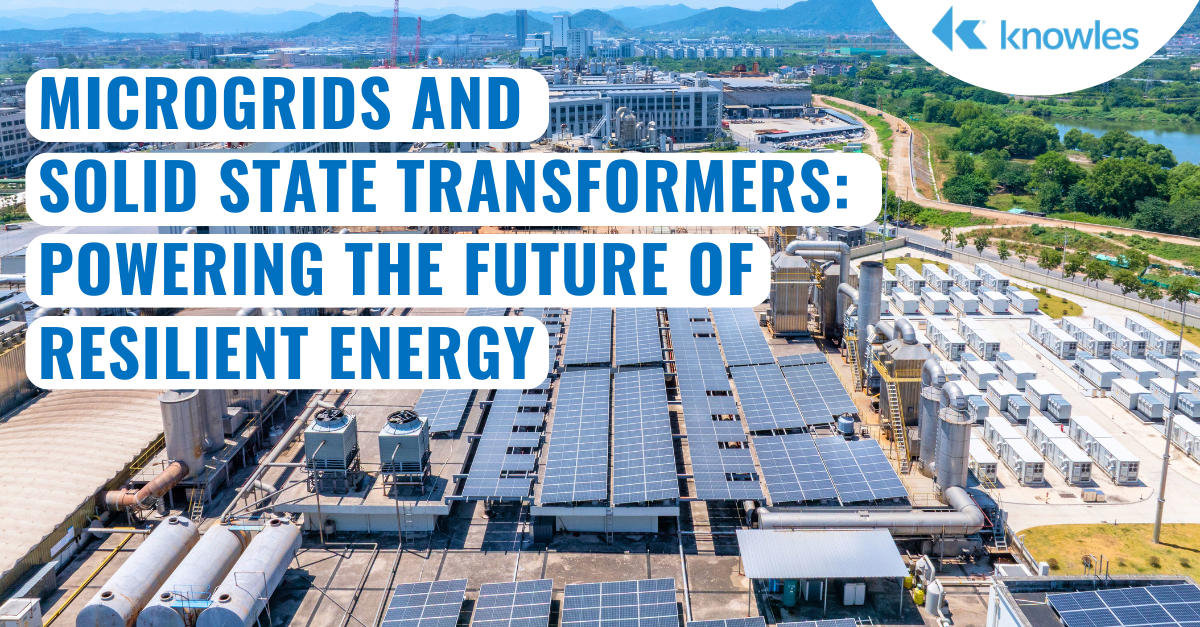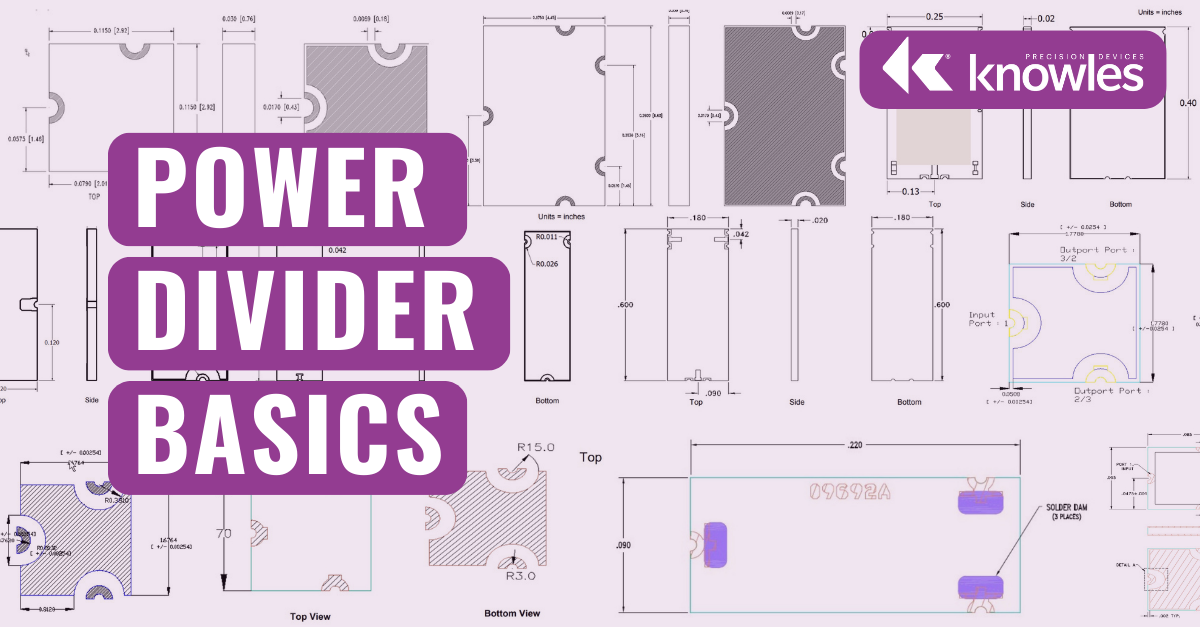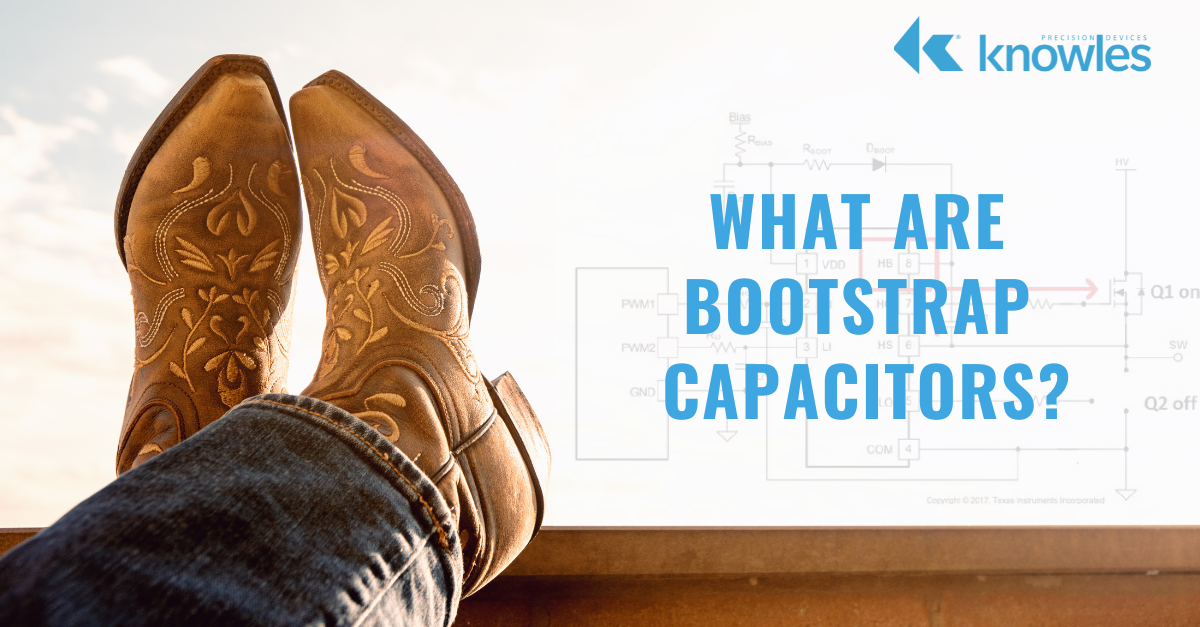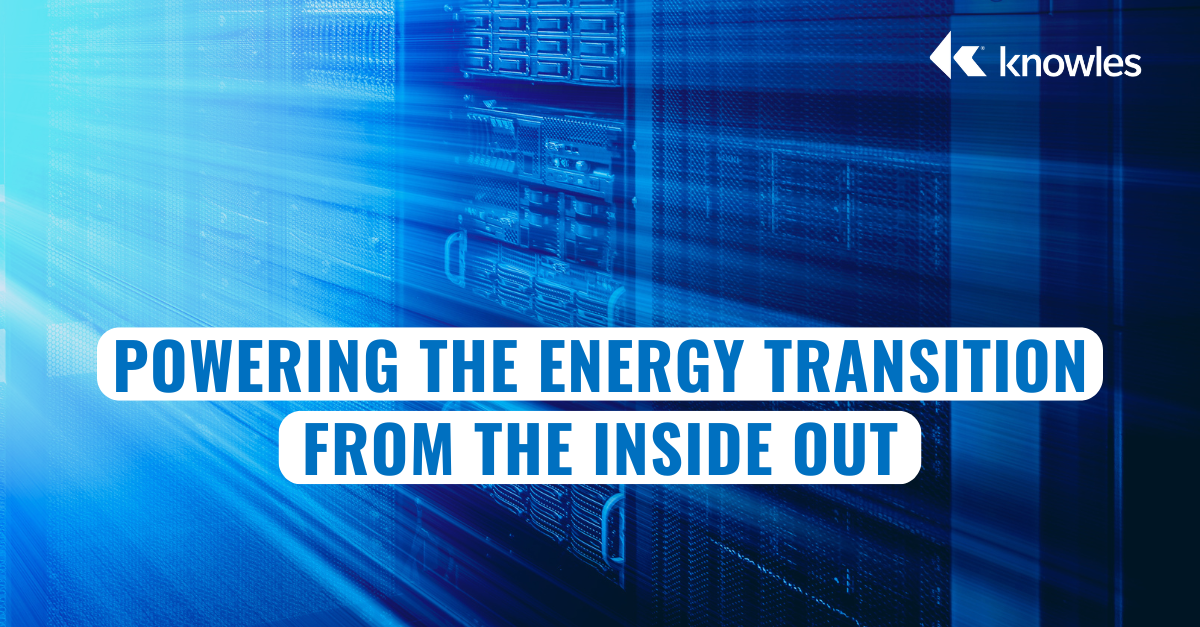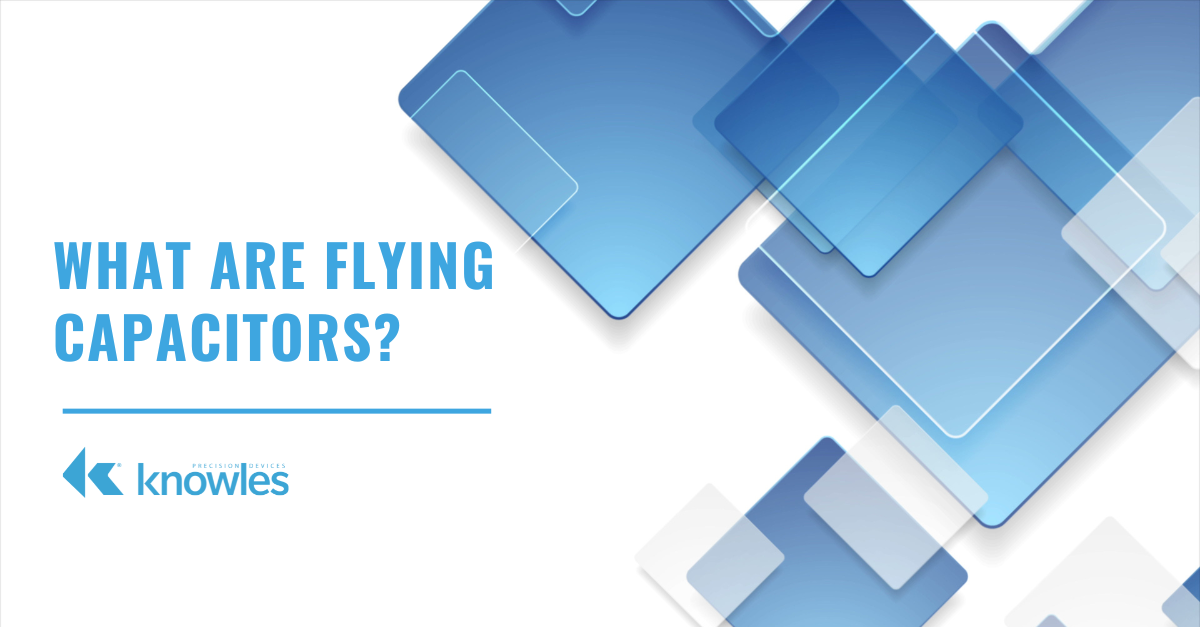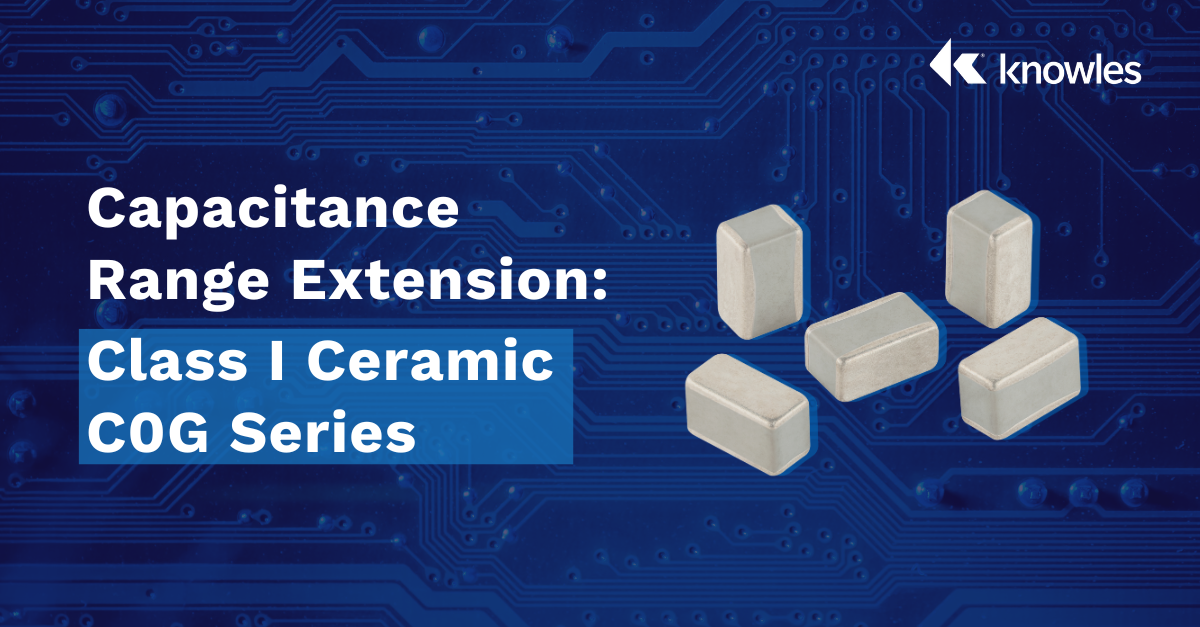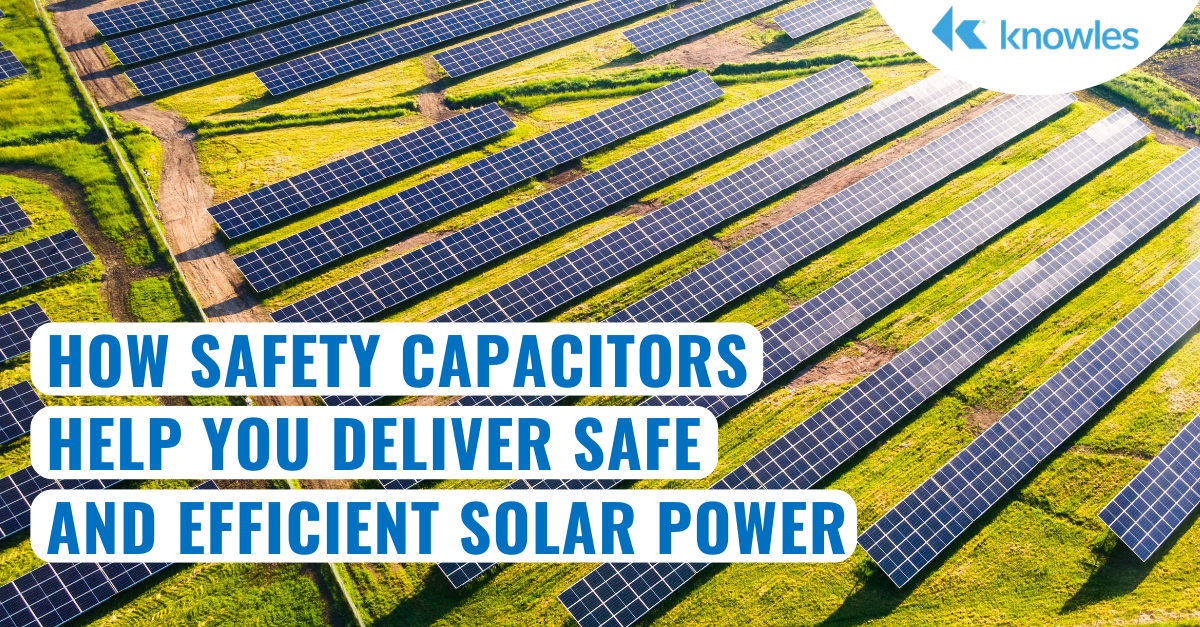Today’s power grids are under increasing strain, from rising instability and greater electrification demands to the rapid expansion of renewable energy sources. Together, these pressures are creating an urgent need for more resilient and responsive power distribution architectures. For many instances, a key solution that offers better resiliency, efficiency, and flexibility is the implementation of microgrids, or localized energy systems capable of operating independently of or alongside the main grid. Microgrids bring together a variety of distributed energy resources (DERs) such as solar, wind, battery storage, and even conventional generators.
Microgrids and Solid State Transformers: Powering the Future of Resilient Energy
Topics: Capacitor
Radio frequency (RF) power dividers are designed to split an incoming signal into multiple outputs such that there’s a portion of the original signal’s power in each output. Given their critical function, power dividers play a particularly important role in antenna systems, telecommunications, and signal processing.
Topics: Capacitor, Military and Aerospace, High Reliability
Power electronics play a critical role in converting and managing electrical energy efficiently. As electric vehicles (EVs), renewable energy systems, and consumer electronics quickly become more powerful, the demand for high-voltage power electronics is quickly increasing. This means the importance of components like bootstrap capacitors has grown significantly.
Topics: Capacitor
A Year of Evolution and Innovation: Knowles’ Top 5 Blogs of 2025
In 2025, our team continued to share insights intended to help engineers navigate evolving technologies, design challenges, and application demands. We hope our technical resources and industry perspectives have supported your work throughout the year, and we sincerely appreciate your continued trust and readership.
Topics: Capacitor
Powering the Energy Transition from the Inside Out
By 2050, electricity is expected to more than double its share of final energy consumption, jumping from 23 percent to 52 percent. As a result, the way the world generates, transmits, stores, and uses energy is changing.
Topics: Capacitor
Why Q Factor and Capacitor ESR Matter in Power and RF Resonant Circuits
The performance of a resonant circuit comes down to its components. Two key factors, Q factor and capacitor equivalent series resistance (ESR), determine how efficiently energy moves through a resonator and how selectively it responds at its designed frequency.
Topics: Capacitor
As demand for high-efficiency and high-power-density inverters continues to grow, the so-called “flying” capacitor multilevel inverter is emerging as a strong choice for many power electronics systems. Since these capacitors can “float” to different electric potentials depending on the connected semiconductor switching structure and state, they help balance out voltage level differences due to manufacturing tolerances, temperature variations, and other factors. These capacitors are also helpful in balancing voltage across the structure by temporarily storing and releasing energy as needed, increasing power density and quality, and optimizing the use of existing voltage availability.
Topics: Capacitor
Capacitance Range Extension: Class I Ceramic C0G Series
Knowles has extended the range and performance of our Class I Ceramic C0G Series Capacitors to better support LLC type DC/DC converters in demanding environments. With a maximum capacitance of 44nF/1kV and 66nF/630V in a compact chip size of 1210, the extended series is well suited for enhancing stability in this application context. Our unique construction methods allow these VM2 capacitors to offer higher capacitance values in such a small chip size.
Topics: Capacitor
Power Electronics: The Hidden Heart of Semiconductor Manufacturing
Semiconductor manufacturing is one of the most advanced industrial processes on Earth, requiring precise control of energy and materials at the nanometer scale. Behind that precision lies an invisible backbone: the power electronics systems that deliver, shape, and regulate every watt of energy that drives chip production.
Topics: Capacitor
How Safety Capacitors Help You Deliver Safe and Efficient Solar Power
As solar adoption accelerates worldwide, inverter technology must also evolve to deliver greater efficiency, power density, and connectivity. Modern residential inverters are now required to manage energy from solar panels, battery storage, and the grid all while meeting stricter global safety standards. In this complex environment, safety capacitors play a crucial role in protecting users and ensuring reliable, interference-free operation.
Topics: Capacitor

